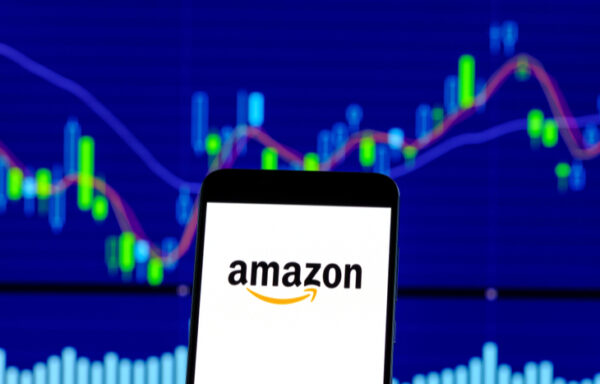Profit From the Next Tech War: The Race for 5G LTE
Just a couple years ago, streaming video was a tall order for mobile phones. But today, we take it for granted. Why? Three words: wireless tech war.
Thanks to the competitive nature of the telecom industry, wireless carriers and hardware companies raced to develop a newer, faster kind of wireless network. The end result of this frenzied competition was 4G LTE, the now-ubiquitous standard of mobile phone service and internet access.
It’s been six years since Samsung and MetroPCS released the first 4G LTE phone. Now a new tech war is brewing: The race for 5G LTE.
The next generation of wireless service will greatly enhance your mobile phone’s capabilities. And it’ll create a new set of winners and losers in the mobile tech industry. Let’s look at what the race for 5G LTE will entail… and how you can profit from it.
What Is 5G LTE?
First, let’s answer one question we know you’re wondering about. “G” just stands for “generation.” The various Gs just represent different standards of wireless network functionality. They’re maintained by the International Telecommunication Union (ITU) trade group.
“LTE” stands for “long-term evolution,” a different set of future-facing telecom standards.
The ITU has yet to release a full set of standards for 5G LTE networks. But other industry groups have speculated about some features. These include faster upload and download speeds (especially in crowded urban areas) and more support for Internet-of-Things applications.
Building 4G LTE networks was quite a feat of engineering. And improving them further will take a lot of smarts. It won’t require an upgrade of just the infrastructure behind our wireless phone networks. It’ll also mean overhauling the hardware inside our phones.
Who Will Win the 5G Tech War?
As a result, there are two industries involved in this tech war – two kinds of investment plays on 5G LTE.
Let’s start with the wireless carriers. At present, it seems as though Verizon (NYSE: VZ) and AT&T (NYSE: T) are the closest to bringing 5G LTE to market. They’ve both rolled out pilot programs for some workplaces that use early 5G technologies.
Unless something changes, these two rivals are on track to win the carrier side of the 5G LTE tech war. Most of their competitors, like Sprint (NYSE: S), are years behind.
Both companies have also seen decent stock performance in the last year, though Verizon has seen some ups and downs over its ill-fated merger with Yahoo (Nasdaq: YHOO).
Then there’s the phone hardware side of this tech war. 5G LTE will necessitate the development of a new generation of modems, routers and processors inside our phones. That’s why microchip firms are the other theater of this phone service arms race.
Qualcomm (Nasdaq: QCOM) dominated the development of 3G and 4G hardware. But now, its longtime rival Intel (Nasdaq: INTC) is trying to get a piece of the phone hardware action. Both stocks have performed extremely well over the past year, so it’s not a bad idea to hedge your bets by buying both.
AT&T, Verizon, Qualcomm and Intel are the front-runners in the 5G LTE arms race for now. But the technology isn’t here yet, and that means that things could change.
Take caution when investing in future 5G players, and pay attention to the latest tech news. But make sure that, in some way, you get in on the profits from this incipient tech war. Soon, you could be making lightning-fast returns on the technology behind the lightning-fast phones of the future.
*The views and opinions expressed in this article are those of the author and do not necessarily reflect the official position of Wall Street analysts.
[adzerk-get-ad zone="245143" size="4"]






